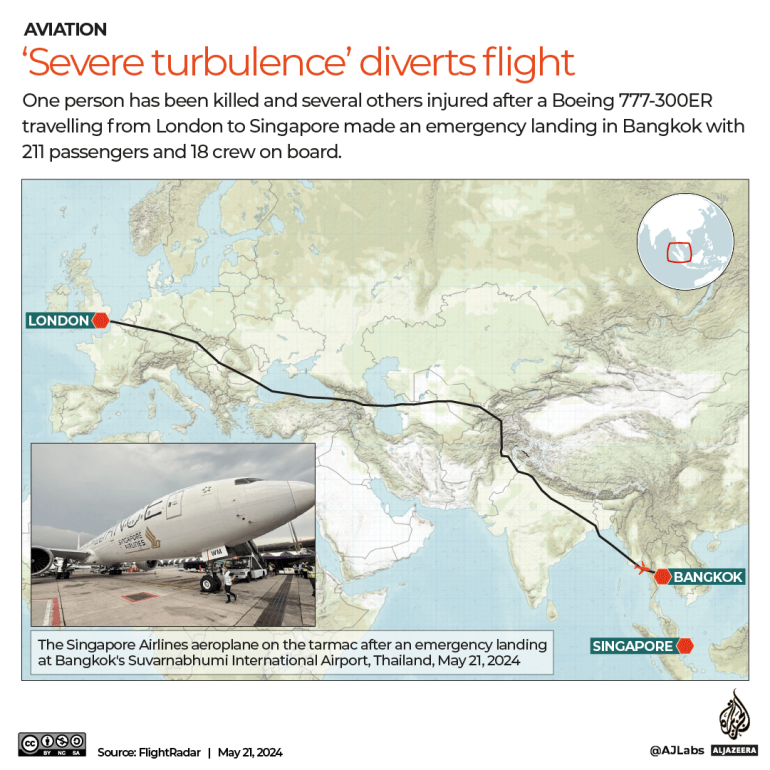The Active Mobility (Amendment) and Shared Mobility Enterprises (Control and Licensing) Bills were passed in Parliament on 04 February. The Bills will strengthen the Land Transport Authority (LTA)’s regulatory regime on active mobility, and help to ensure that Singaporeans can continue to benefit from active modes of transport in a safe and sustainable manner. The Government will also expedite the construction of cycling path infrastructure.
Active Mobility (Amendment) Bill
The active mobility landscape has evolved significantly since the Active Mobility Act (AMA) came into force in May 2018. The Bill introduces amendments to the AMA to strengthen regulations over individual device users, retailers, and businesses, all of whom have a part to play in continuing to ensure a safe and sustainable active mobility landscape. The following table summarises the new measures introduced.
To deter errant and irresponsible behaviour, the Bill will also increase the penalties for existing offences by riders and retailers. Generally, penalties for offences applied to riders, such as speeding and reckless riding, will be doubled. Retailer offences will be increased more significantly.
| New Measures Introduced | Implementation Timeline |
Maximum Penalties |
| (a) E-scooters are already banned on footpaths. To ensure public safety, the riding of all other motorised personal mobility devices (PMDs), such as hoverboards and electric skateboards will also be banned on footpaths. Personal mobility aids (PMAs), which are used by persons with walking difficulties, will continue to be allowed to be used on footpaths. Please refer to Annex B. | April 2020 | First Offence $2,000 and/or 3 months’ imprisonmentSubsequent Offence $5,000 and/or 6 months’ imprisonment
|
| (b) To ensure that all e-scooter and power assisted bicycle (PAB) riders are familiar with active mobility regulations, they must pass an online theory test before they are allowed to ride on public paths and on roads (PABs only). Failure to do so constitutes an offence. | 1H2021 | For Public Paths
First Offence Subsequent Offence
For Roads First Offence Subsequent Offence |
| (c) To tackle reckless riding by young persons, those under the age of 16 years old will not be allowed to ride an e-scooter on public paths. The only exception is if the under-aged child is riding under proper adult supervision. | 2H 2020 | First Offence $1,000 and/or 3 months’ imprisonmentSubsequent Offence $2,000 and/or 6 months’ imprisonment |
| (d) To address safety concerns related to distracted riding, it will be an offence to hold a mobile communication device and operate any of its functions while riding a device on public paths.
|
2H 2020 | First Offence $1,000 and/or 3 months’ imprisonmentSubsequent Offence $2,000 and/or 6 months’ imprisonment |
| (e) To verify compliance to the device criteria, all registered and self-declared UL2272-certified scooters will be called up for inspection. Failure to send the device for inspection will be an offence.
|
Progressively from April 2020 | First Offence $1,000 and/or 3 months’ imprisonmentSubsequent Offence $2,000 and/or 6 months’ imprisonment |
| (f) To tackle illegal modifications, additional responsibilities will be placed on device owners to ensure that their devices are not illegally modified. If an owner previously had his device inspected and certified to be compliant, but it was subsequently found to be non-compliant, the owner will be presumed, until the contrary is proved, to have either modified his device, or caused his device to be modified. | April 2020 | First Offence $5,000 and/or 3 months’ imprisonmentSubsequent Offence $10,000 and/or 6 months’ imprisonment |
| (g) To safeguard consumers’ interest and ensure that devices sold in Singapore comply with criteria for public path and fire safety, retailers will be required to send their e-scooters for inspection prior to putting them up for sale.
|
April 2020 | Offence of selling an uncertified vehicle
First Offence Subsequent Offence For non-individuals[1] |
| (h) To enhance access to compensation for accident victims, device-sharing operators licensed under the Shared Mobility Enterprises Bill and businesses who employ or contract riders who ride active mobility devices on public paths for work will be required to ensure that their riders are covered with third-party liability insurance for bodily injury or death. | 2H 2020 | For Individuals $10,000 and/or 12 months’ imprisonmentFor non-individuals $20,000 |
Shared Mobility Enterprises (Control and Licensing) Bill (SME Bill)
When conducted safely and responsibly, active mobility device-sharing services can bring benefits to many commuters. The SME Bill lays out a calibrated regulatory approach for different classes of device operators. The approach will take into consideration factors such as whether the device-sharing services are docked or dockless device-sharing services, whether motorised or non-motorised devices are deployed, and the scale of operations.
The SME Bill introduces new areas of regulation for all device-sharing operators whose devices can be used on public paths. We will require all device-sharing operators to take on greater responsibility in ensuring the safety of their riders and that their devices are ridden safely on public paths.
There are two types of licences under the expanded regulatory regime:
| Licence Type |
Requirements |
Applies to* |
| (a) Regular Licence |
|
|
| (b) Class Licence
(operators authorised by a class licence will not require LTA’s explicit approval to commence operations) |
|
|
*For a start, docked non-motorised device-sharing operators and personal mobility aid (PMA)-sharing operators will be excluded from the class licensing regime. LTA will have the flexibility to adjust the type of licence applicable to device-sharing operators.
Implementation Timeline for SME Bill
The expanded regular licensing regime will commence in 2H 2020, while the class licensing regime and the requirement to ban errant users will commence in 1H 2021. LTA will engage the industry early to discuss the implementation details, and allow sufficient time for transition. Device-sharing operators that are affected by the class licensing regime and who would like to participate in the consultation may write in to LTA at [email protected]. More details will be announced at a later stage.









